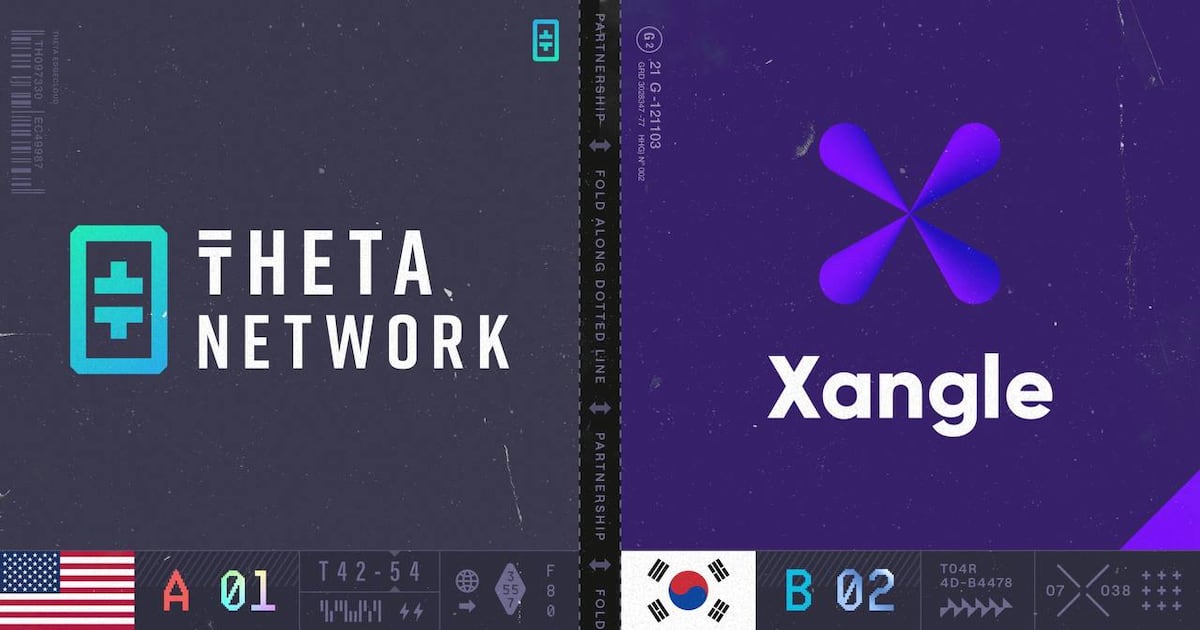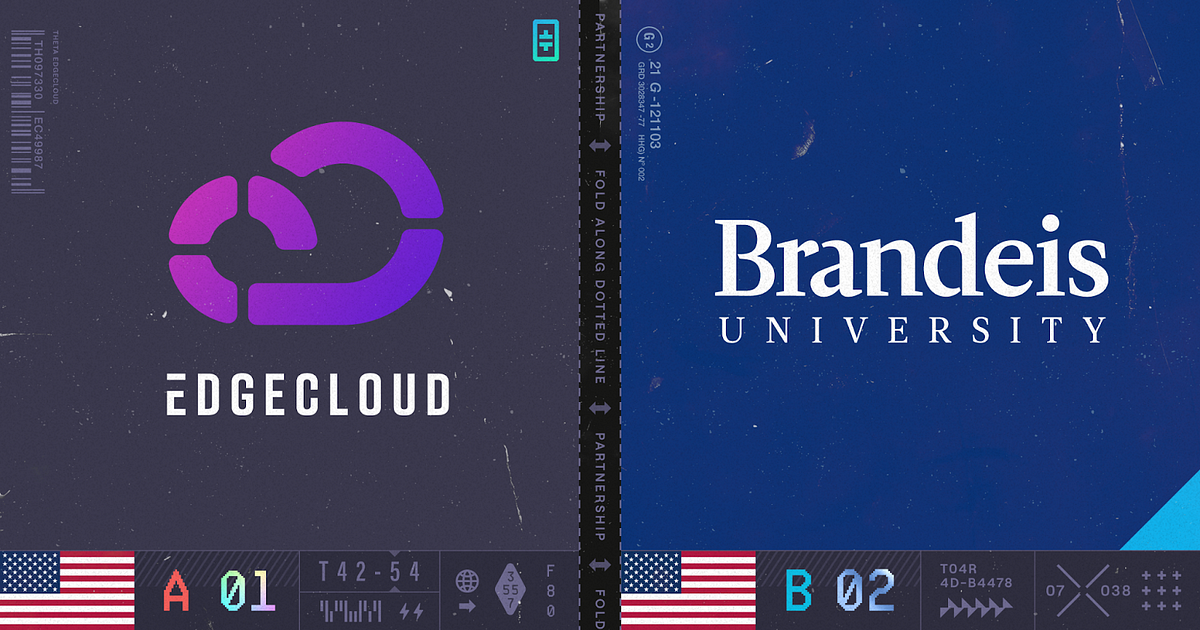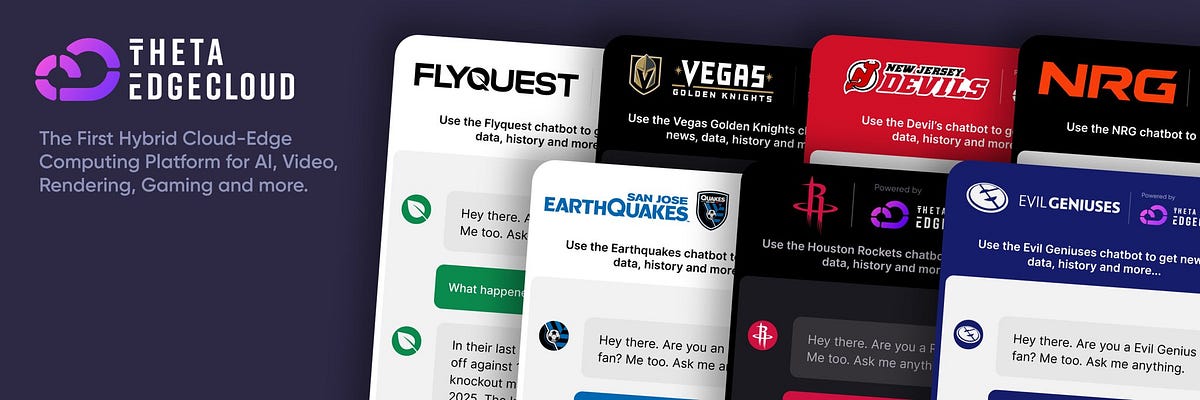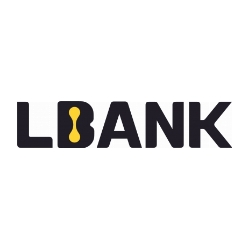The Decentralization of AI Computing: A New Era of Demand and Efficiency

The AI industry is currently experiencing a pivotal moment characterized by the emergence of smaller and more efficient models, such as DeepSeek. Contrary to expectations, these advancements do not diminish the demand for computing resources; instead, they amplify it, aligning with Jevons’ Paradox, which suggests that increased efficiency can lead to greater overall consumption. As AI models become cheaper, faster, and more accessible, the demand for computing power continues to rise, raising critical questions about how to support widespread AI inference without creating new bottlenecks in the existing infrastructure.
Historically, AI has depended on large-scale centralized infrastructure controlled by hyperscalers, which has led to concerns about accessibility, pricing, and availability. However, the introduction of models like DeepSeek challenges this paradigm by demonstrating that efficiency gains can create new pressures on computing resources. As more individuals and organizations adopt AI technologies, the total compute demand is skyrocketing, particularly as open-source alternatives gain traction. This shift is evident in the rapid development of free and open-source models that outperform proprietary options, allowing startups and independent developers to participate in the AI landscape without the constraints imposed by traditional cloud providers.
As the demand for scalable and cost-effective AI infrastructure increases, decentralized computing is emerging as a viable solution. By distributing workloads across a global network of high-performance GPUs, this model addresses many inefficiencies associated with centralized systems. Decentralization not only enhances cost efficiency and scalability but also provides greater privacy and control over data. The success of models like DeepSeek illustrates the need for a shift toward distributed AI computing, where developers and researchers can operate independently of monopolized cloud infrastructure. The future of AI computing is not about reducing demand but adapting to an ever-growing need for computational power, ensuring that the AI ecosystem evolves in tandem with its advancements.
Related News





